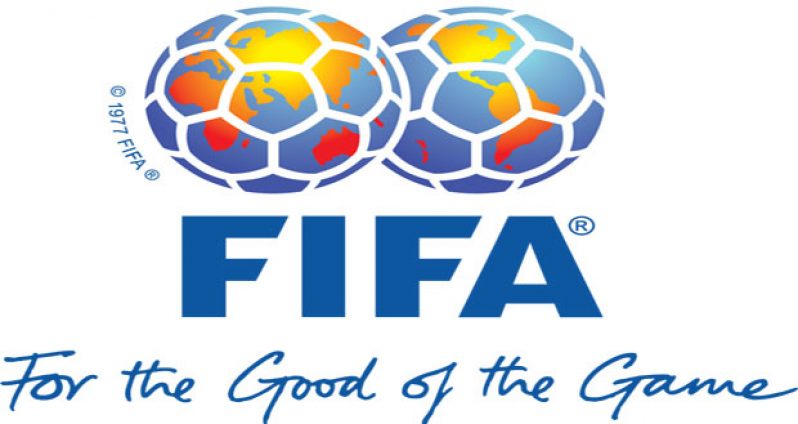DOHA (Reuters) – Soccer’s world governing body FIFA flexed its muscles again yesterday when it announced that clubs will not get compensation for losing players and suffering domestic disruption due to a 2022 winter World Cup in Qatar.A day after a FIFA task force angered Europe’s clubs by recommending a November/December tournament, the organisation’s secretary-general, Jerome Valcke, told reporters there would be no financial payments for any disruption to domestic leagues.
“There will be no compensation. I mean they have seven years to reorganise football around the world for this World Cup,” said Valcke when asked if any payment would be made following the shift from the originally proposed dates of a European summer tournament.
“It’s not perfect, we know that — but why are we talking about compensation? It’s happening once, we’re not destroying football.
“Why should we apologise to the clubs? We have had an agreement with the clubs that they are part of the beneficiaries. It was $40M (£25.8M) in 2010 and $70M (£45M) in 2014.
On Tuesday, European Clubs’ Association chairman Karl-Heinz Rummenigge said Europe’s clubs would seek financial compensation, but Valcke ruled that out, following a meeting of a FIFA task force in the Qatari capital.
The proposed new dates for the event are set to be ratified by FIFA’s executive committee next month.
Valke also said the duration of the 2022 tournament is set be cut from 32 to 28 days, meaning more games will be played per day, so a country of Qatar’s size might need fewer stadiums.
“We are talking about a reduction of the competition in terms of the number of competition days. We are talking about 28 days and not anymore 32 days,” Valcke told reporters following the first board meeting with Qatar’s 2022 organising committee.
“It is a very special World Cup to organise because we would describe Qatar 2022 as a compact World Cup,” he added. “Normally we are looking at 10 (stadiums) but it could be eight.”
MAJOR CHALLENGES
One of the major challenges facing Qatar was finding an efficient and cost-effective way to cool down stadiums during the scorching summer months, which the Gulf state’s organising committee said they were committed to delivering.
If the finals are held in the winter the need for cooling technology will be reduced, although 2022 organising committee chief Hassan Al Thawadi told yesterday’s news conference that the research would carry on.
“We have always said that the cooling technology will be the legacy of the World Cup and beyond … our development of the cooling technology will continue … our research will continue,” he said.
Despite its vast oil and gas reserves, Qatar, like other Gulf states, has been hit by the drop in prices which has affected several energy and construction projects. But Al Thawadi said completing World Cup-related projects was part of the Gulf state’s economic diversification and “lavish spending” on projects was an option the state was pursuing.
During Valcke’s visit to the Gulf state, which has been repeatedly criticised for neglecting workers’ rights, he said World Cup projects could bring hope for improvement in this area.
“If the standard for all construction sites in Qatar reaches the level of standard we have for all the specific World Cup construction sites, then a big step will be made in the country for working conditions.”
“We use the World Cup as a way to change a country,” he added.
(By Amena Bakr)




.png)









